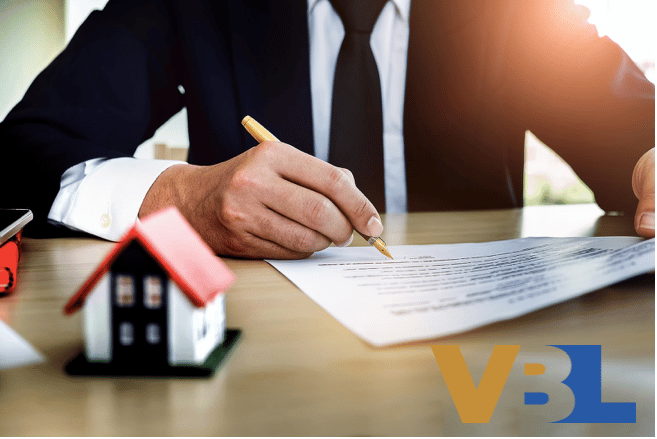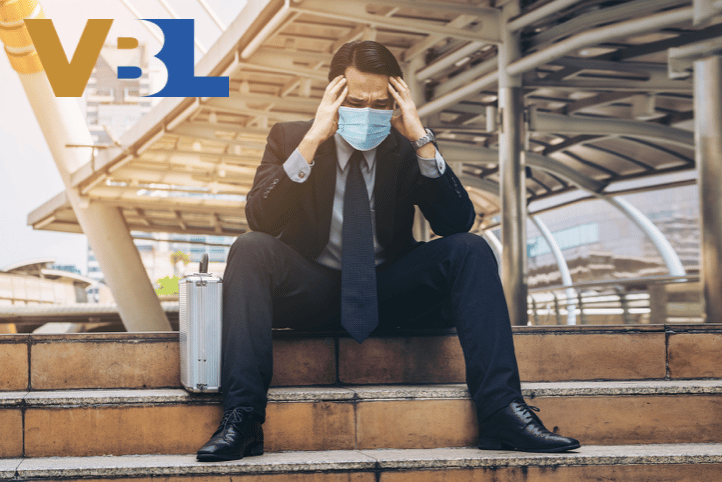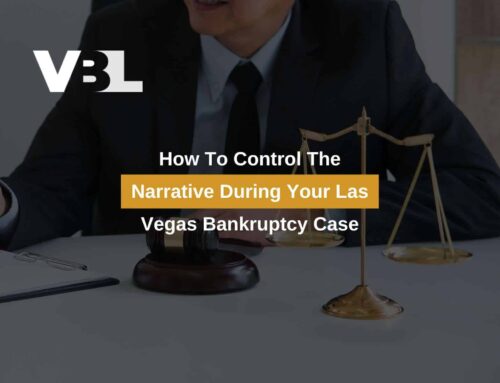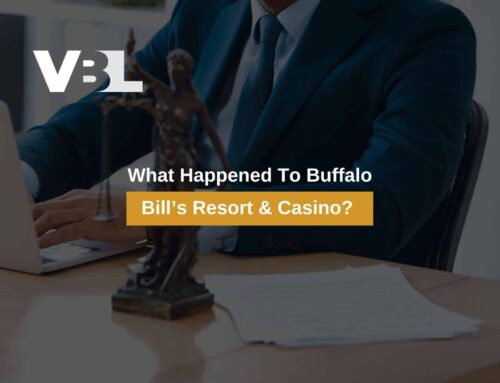Breaking a Lease in Chapter 7 Bankruptcy

How do I break my lease in Chapter 7 bankruptcy?
Your bankruptcy petition will be partially composed of multiple schedules. Schedule G deals with unexpired leases and executory contracts. You will choose to assume or reject all applicable contracts and leases. You will need to list anyone who is named on the lease with you as well. Your landlord will be notified of your bankruptcy once you file your bankruptcy petition. When you move out, any back rent and penalties for breaking your lease early will be discharged in the bankruptcy.
What is the Automatic Stay?
In both Chapter 7 and Chapter 13 bankruptcy, the Automatic Stay is a bankruptcy feature that prevents many creditors from collecting while the bankruptcy is in good standing. The bankruptcy filer is protected from wage garnishments, vehicle repossessions, home foreclosures, and utility shut-offs as long as the Stay is active. The Stay remains active until the case is discharged or dismissed, or the creditor successfully files a Motion for Relief from the Automatic Stay. The Automatic Stay also protects bankruptcy filers from eviction while they are in the bankruptcy process.
When should I move out?
Your landlord will need special permission from the court to evict you during a Chapter 7 bankruptcy, which typically lasts about 4-6 months. However, debts are only discharged from before the date your bankruptcy was filed. If you file Chapter 7 bankruptcy and remain in the unit while failing to pay rent, that back rent won’t be discharged in your bankruptcy. Your landlord will be able to evict you once the Automatic Stay is released, and you can accrue back rent from the date your petition is filed. Your landlord may seek a money judgment against you and proceed with debt collection if you don’t pay the judgment. The landlord will have 8 years to attempt to collect until you are eligible to file Chapter 7 bankruptcy again.
If possible, you should plan where you will live after breaking your lease well before your petition is filed. Ideally, you should leave by the time your petition is filed, or before the expiration of the period for which you have paid rent.
Can I break an auto lease in my bankruptcy?
You can reject leases for other commonly leased and financed properties such as your vehicle, phone, and furniture. This also applies to some service contracts, sale contracts, and more. If you reject your auto lease, you will also need to surrender the vehicle. You will schedule a time with your lender for the vehicle to be retrieved.
You will probably still need a vehicle after surrendering a vehicle that is out of your budget. Search for auto dealers who specialize in financing bankruptcy clients. Your bankruptcy attorney will likely have referrals if requested.
Do I have to break my lease in bankruptcy?
You can choose to assume, or keep, your lease in bankruptcy. In Schedule G, you will list your residential lease. You will need to include the landlord’s name, the address, a description of the lease, i.e., the dates through which it extends, and select the option to assume the lease. You should be sure to select to exclude your landlord from your creditor mailing matrix. This prevents your landlord from receiving a notice from the court when you file your petition.
It should be noted that you won’t be able to discharge back rent and continue living in your current rental. You will need to stay current on your rent if you want to keep your residence after the bankruptcy.
What if I haven’t been paying my rent due to COVID-19?

Many Americans are experiencing the financial stresses of COVID-19 and must consider bankruptcy as an option.
Millions of Americans have lost their jobs since the onset of the coronavirus pandemic. In response, many areas have enacted eviction moratoriums, which prevent residential evictions on the basis of nonpayment of rent. However, unless the landlord agrees to forgive back rent, all rent for that period will be due at the expiration of the eviction moratorium. Chapter 7 bankruptcy will also discharge debts you may incur due to the pandemic like credit cards and medical bills. You should talk to an attorney about your specific situation to determine if Chapter 7 bankruptcy would solve your COVID-19 financial woes.
If you have more questions about your rental lease in a Chapter 7 bankruptcy, call for your free consultation today. Our experienced bankruptcy staff is standing by to guide you through the process, determine your eligibility, estimate your payments, and more! Take the first step towards a financial clean slate by scheduling your free consultation today.
















